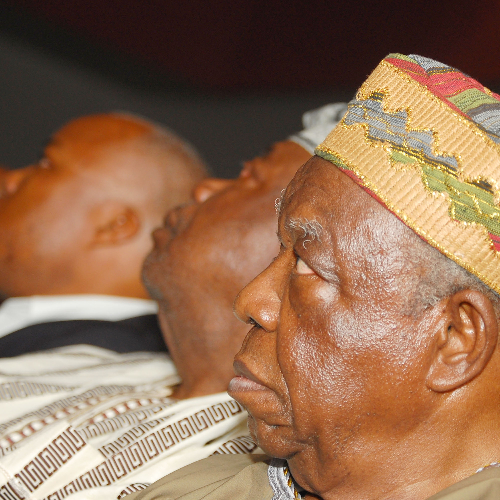Septuagenarian David Olupitan, erstwhile president of United African Organization (UAO), is one of the first African settlers in Chicago. He is revered in City Hall, amongst African immigrants and...
You are not authorized to read this page without a username and password. It is time to register and subscribe to have unlimited access to everything The Chicago Inquirer has to offer. You can do a monthly, quarterly, six months or yearly subscription.
SUBSCRIBE NOW!!!
and enjoys unlimited access to news, analysis, archives, sports, culture, interviews, and many more.
Not a member? Subscribe or login below:



